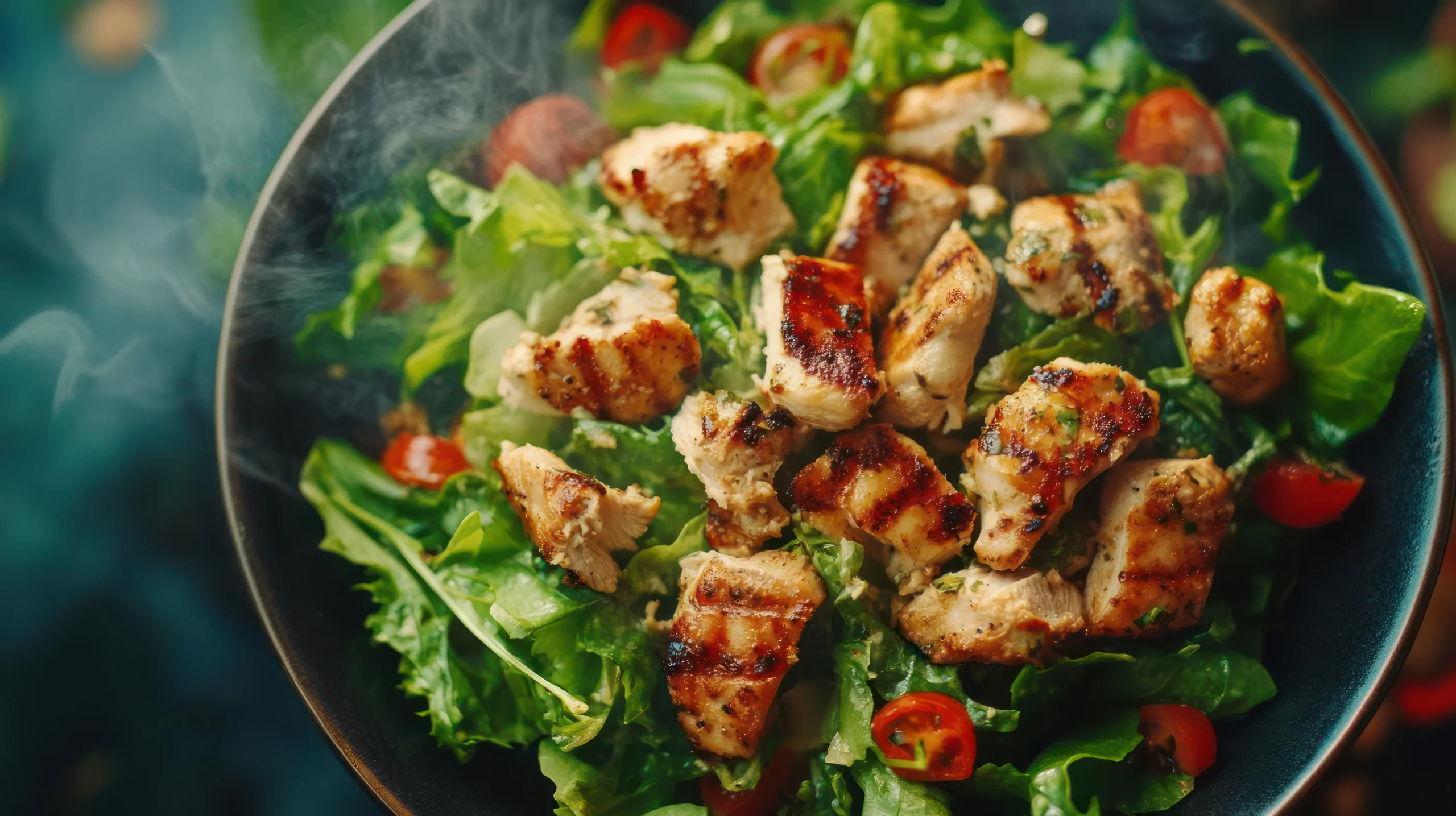Have you ever thought about trying something different to spice up your meals? Perhaps you’re bored with the usual chicken or beef dishes and looking for something new and nutritious. If so, turkey liver might be exactly what you’re looking for.
It isn’t just tasty—it’s packed with nutrients and health benefits you might not be aware of.
This article will walk you through everything you need to know, from nutritional facts to cooking methods, and debunking myths along the way.
Why This Organ Meat Deserves Your Attention

Turkey liver is an incredibly nutrient-rich organ meat, often overlooked in favor of traditional cuts. Packed with vitamins, minerals, and proteins, it delivers significant health benefits with just a small portion.
Turkey Liver: Nutritional Value
This organ meat is a treasure trove of nutrients, particularly rich in:
- Vitamin A: Essential for vision, immunity, and organ function.
- Vitamin B12: Crucial for red blood cell formation, brain function, and energy.
- Iron: Important for preventing anemia and improving oxygen transport in your blood.
- Protein: Helps in building muscles, repairing tissues, and boosting metabolism.
A 100g serving provides approximately 17 grams of protein, nearly 100% of your daily Vitamin A, and exceeds your daily Vitamin B12 requirements.
Health Benefits of Eating This Nutrient-Rich Food
Including this organ meat in your diet can provide numerous health benefits:
Turkey Liver: Enhanced Energy Levels
Thanks to its rich Vitamin B12 content, it helps boost your energy by improving red blood cell production and combating fatigue.
Improved Immune System
Its high Vitamin A levels significantly support your immune system, helping you fend off infections and illnesses.
Turkey Liver: Better Vision
Regular consumption contributes to good eyesight due to its substantial Vitamin A content.
Supports Muscle Growth
With its excellent protein profile, it supports muscle maintenance and growth, making it a great dietary addition for athletes and fitness enthusiasts.
How to Cook It: Turkey Liver
If you’re wondering how to cook it without compromising on taste, you’re in luck—it’s easy to prepare and versatile in recipes.
Quick and Easy Recipe Ideas
- Pan-fried: Quickly sear slices in olive oil, garlic, onions, and herbs like thyme or rosemary for a quick nutritious meal.
- Pâté: Blend cooked liver with butter, garlic, and your favorite herbs into a creamy pâté spread perfect for crackers or bread.
- Grilled Skewers: Season cubes with spices and grill until tender, providing a delightful smoky flavor.
Debunking Common Myths: Turkey Liver
Myth: High Cholesterol Makes It Harmful
While it does contain cholesterol, moderate consumption can be beneficial. The key is moderation and pairing it with a balanced diet rich in fruits, vegetables, and whole grains.
Myth: Organ Meats Are Not Tasty
Many mistakenly believe organ meats taste unpleasant. However, properly cooked liver is tender, and flavorful, and can quickly become a favorite.
Turkey Liver: Storage Tips
Proper storage is essential to retain freshness and nutrition:
- Refrigerate fresh liver and consume within 2-3 days.
- Freeze by wrapping tightly in freezer-safe packaging for up to three months.
- Thaw safely in the refrigerator overnight before cooking.
FAQs
Q1: Is it healthier than chicken liver?
Both are nutritious, but turkeys have slightly higher protein content and lower calorie count, making it preferable for weight management.
Q2: Can I eat it every day?
Moderation is crucial. Eating small portions several times a week is ideal for nutritional benefits without excessive intake of Vitamin A or cholesterol.
Q3: Does it help with anemia?
Yes, its high iron and Vitamin B12 content make it effective in preventing and combating anemia.
Q4: What’s the best cooking method?
Pan-frying or grilling retains nutrients and ensures delightful flavor and texture.
Q5: How do I reduce its strong taste?
Soaking in milk or acidic liquids like lemon juice or vinegar before cooking significantly reduces strong flavors.
Interesting Facts: Turkey Liver
- Historically, this organ meat was highly prized in many traditional cuisines for its nutrient density.
- Once considered a delicacy reserved for special occasions in various cultures.
- Often preferred over other organ meats due to its milder flavor and smoother texture.
Conclusion: Embrace the Health Benefits
Turkey’s liver isn’t just another organ meat—it’s a nutritional powerhouse waiting to be discovered. Its impressive nutrient profile makes it an excellent addition to any diet aiming for enhanced health benefits.
Incorporating it regularly can significantly improve your nutrient intake, energy levels, and overall well-being.
Don’t be afraid to step outside your comfort zone and try it today. Remember, variety is the spice of life, and this might just be the spice your meals have been missing!




